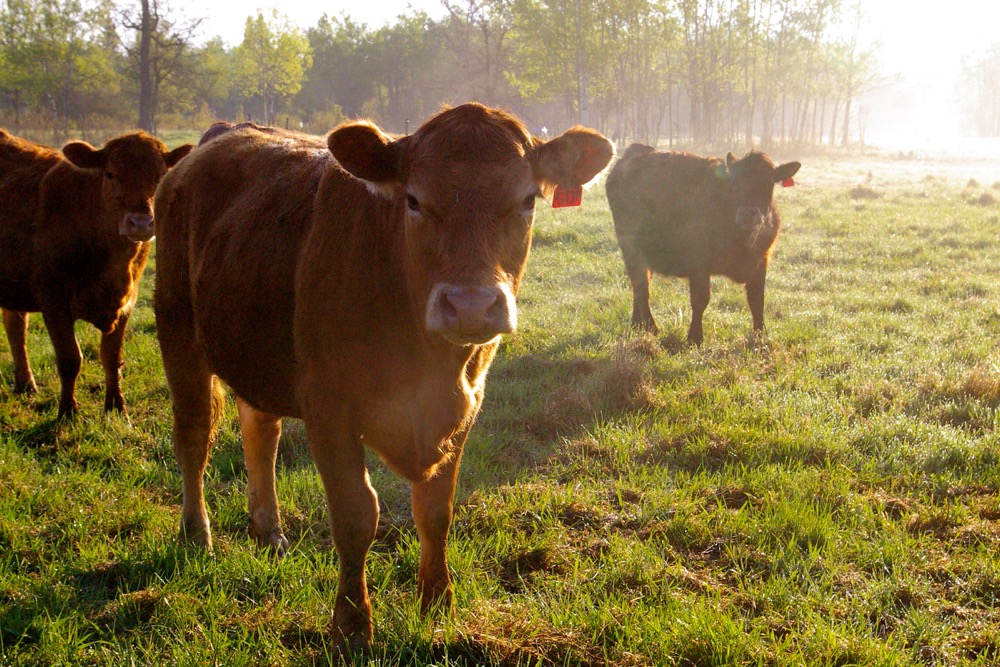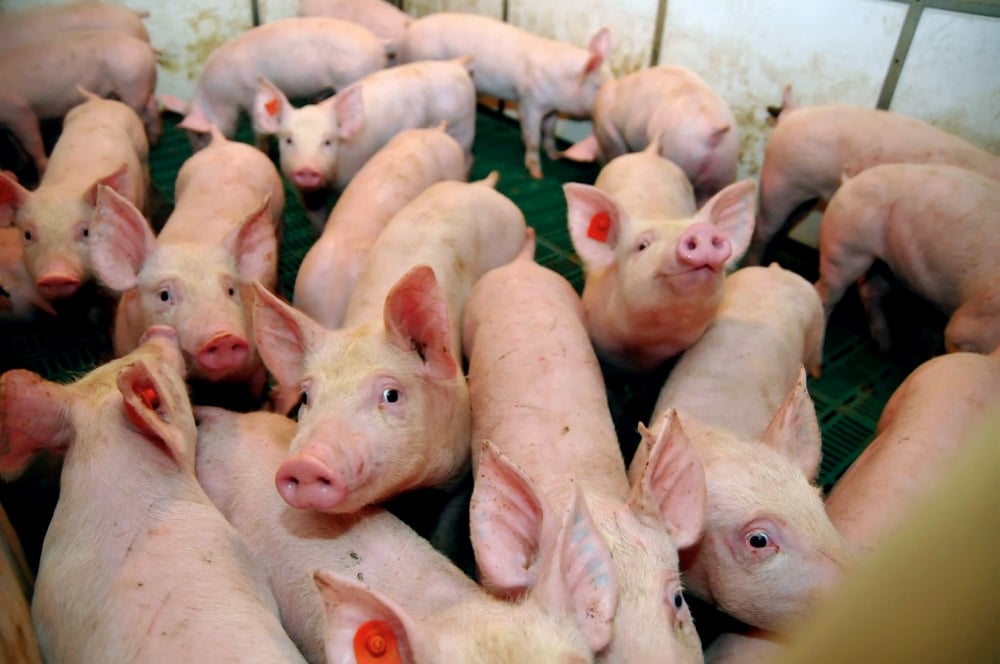outh Africa’s food prices will rise gradually from 2011 partly as the economic recovery gains pace, increasing the likelihood
of more protests, the Agricultural Business Chamber said June 2.
Households, especially in the lower-income level, spend a large
chunk of their income on food and higher food prices in recent years contributed to millions of people’s inability to escape poverty, more than 16 years after the end of apartheid.
John Purchase, chief executive of the chamber said any spike in food prices could signal increased activism and possible strikes by powerfullabourfederationCosat u.
Read Also

Smart deworming for sheep starts with individual fecal egg counts
Fecal egg count tests are one step to managing dewormer resistance and managing sheep parasites on Canadian sheep farms to maintain flock health.
“While food prices are still coming down at the moment… it is going to bottom out probably within the next six months or so,” he said on the sidelines of an agriculture conference.
COSATU and FEDUSA – two of the largest union federations in the country – protested against high food prices in 2008.
Although the biggest economy in Africa has emerged from its first recession since 1992, household finances are tight after about a million jobs were shed and as debt levels remain high.
Purchase said the first sign of food inflation would be seen in the price of maize, which is expected to ease further in the short term partly due to a bountiful harvest.
South Africa’s agricultural minister said in April the country had secured foreign markets to sell the surplus maize produced in the 2009-10 season to help safeguard maize prices for local farmers.
“We have a big surplus of four million tonnes and if it’s not all exported… it’s going to depress prices probably into the next season quite significantly, that’s why I say there is going to be a time lag in this whole period.
“As we see economic recovery taking place we will probably see bigger demand for resources, like oil and fertilizer … So all this puts pressure on demand for (commodities like maize) and that’s going to drive up food prices,” he said, adding an upturn in consumer spending power will also add to the pressure.


















